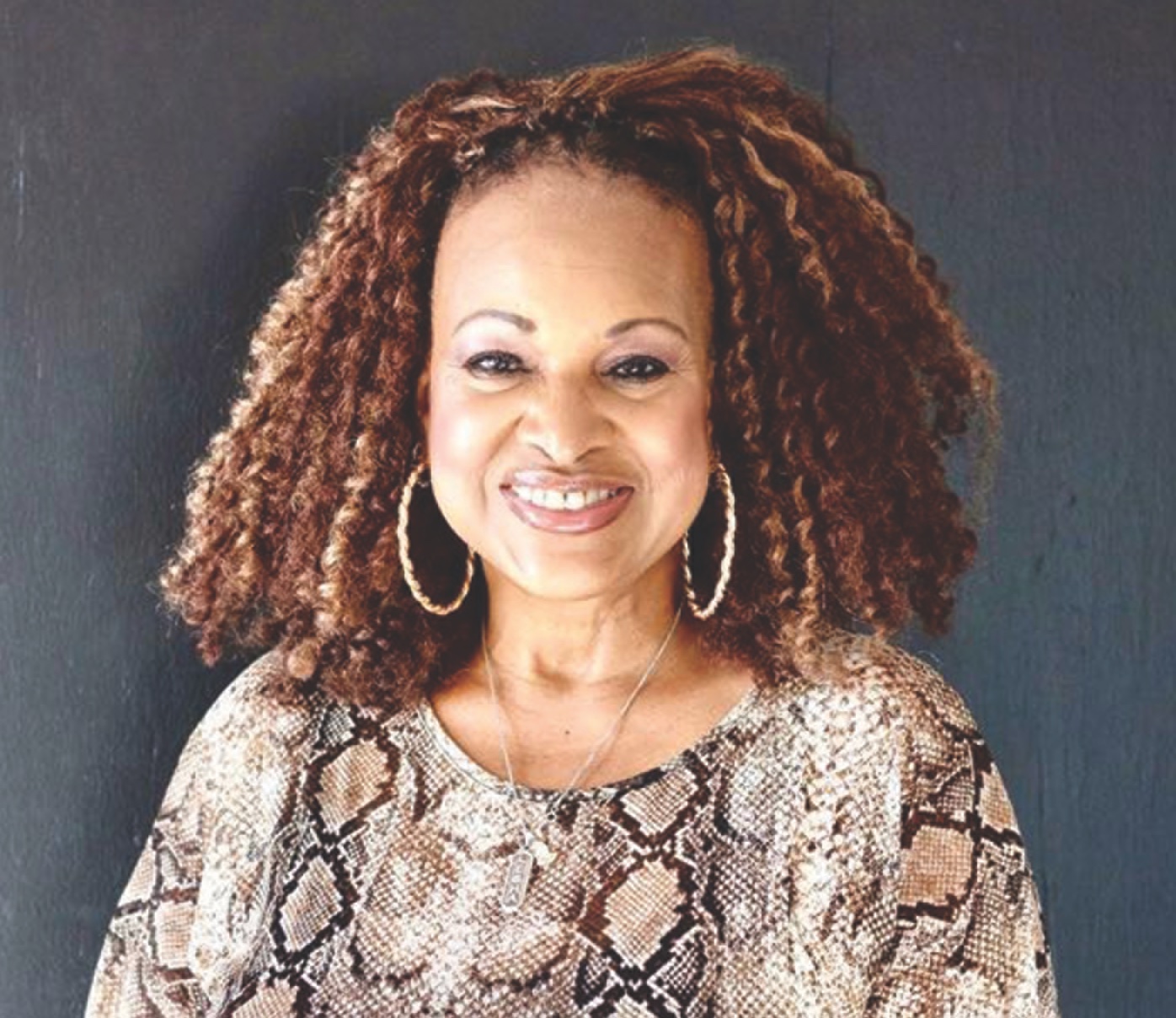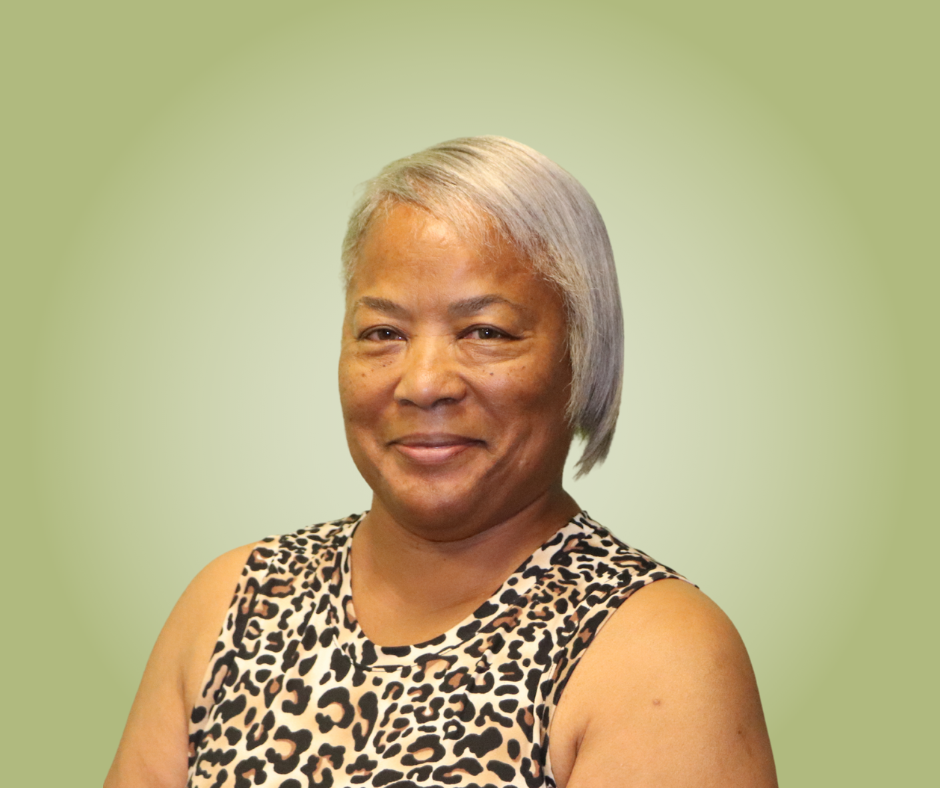by Melesha Bailey,
UniteNews Contributing Writer
Springfield, MO— September is Healthy Aging Month, an annual observance to bring attention to growing older positively and encourage proactive steps to improve physical, mental, social, and financial well-being as we age. Healthy lifestyle choices and behaviors contribute to a better quality of life in older adults. Regular exercise, maintaining a balanced diet, staying mentally and socially active, managing stress, getting regular check-ups, and taking steps to prevent chronic health issues contribute to growing older gracefully.
To age healthy means to grow older while maintaining physical, emotional, and mental well-being at all stages of the aging process. It will take a holistic approach encompassing various health and wellness attributes.
Here are some critical components of healthy aging:
• Physical Well-being: Maintaining a healthy body with regular physical activity and eating a balanced diet of good proteins, carbs, and fats. Getting enough sleep, hydration, and managing chronic conditions play a crucial role in physical health. Regular exercise helps cardiovascular health, maintains muscle mass, enhances flexibility, and improves overall physical functions.
• Mental and Cognitive Health: Keeping the mind active and engaged is crucial for healthy aging. Activities such as reading, puzzles, games, and learning new skills can support and preserve mental function and help prevent cognitive decline, which can be signs of confusion or memory loss.
• Emotional Well-being: Healthy aging involves ways to manage stress and emotional challenges. Being resilient, staying connected to loved ones, pursuing hobbies, and practicing mindfulness such as meditation, journaling, or deep breathing contribute to emotional well-being.
• Social Engagement: Staying socially active is essential for maintaining a sense of belonging and combating feelings of isolation which many older people feel as they age. Regular visits with family, friends, and community members can positively affect mental and emotional health.
• Preventative Healthcare: Regular check-ups, screenings, and vaccinations can help detect and prevent health issues many older people encounter as they age. Preventive healthcare can contribute to a longer, healthier life.
• Financial Security: Planning retirement to ensure financial security can alleviate stress and provide peace of mind as we age. According to the U.s. Government Accountability Office, 29% of adults have no defined plan or retirement savings. And for Black Americans, those numbers are lower.
For Black people aging comes with challenges that affect aging:
• Health Disparities: Black healthcare access and outcomes based on race impact overall health as we age.
• Skin and Hair Changes: As people age, changes in skin and hair are common. Black people may experience changes in pigmentation, texture, and elasticity. Use sunscreen and moisturizers to maintain healthy skin.
• Cultural Perspectives and Celebrations: Different cultures have unique perspectives on aging. Floyd M Wylie’s study on attitudes toward aging and older people among blacks states that blacks perceive old age as a reward and are less likely to deny their advanced age. In the African diaspora, we honor and celebrate elderly members of the community. We accept aging as a badge of honor.
As we age, it’s essential to be adaptable and resilient in the face of life’s changes, maintain a positive attitude and find ways to stay engaged for fulfillment, happiness, and joy. We are diverse, and our experience with aging varies. Addressing disparities, promoting access to healthcare, and fostering inclusive and supportive environments are necessary to ensure that everyone, regardless of their background, can age with dignity, gracefully, and in good health. My motto is “Live the Rest of Your Life as The Best of Your Life.”





